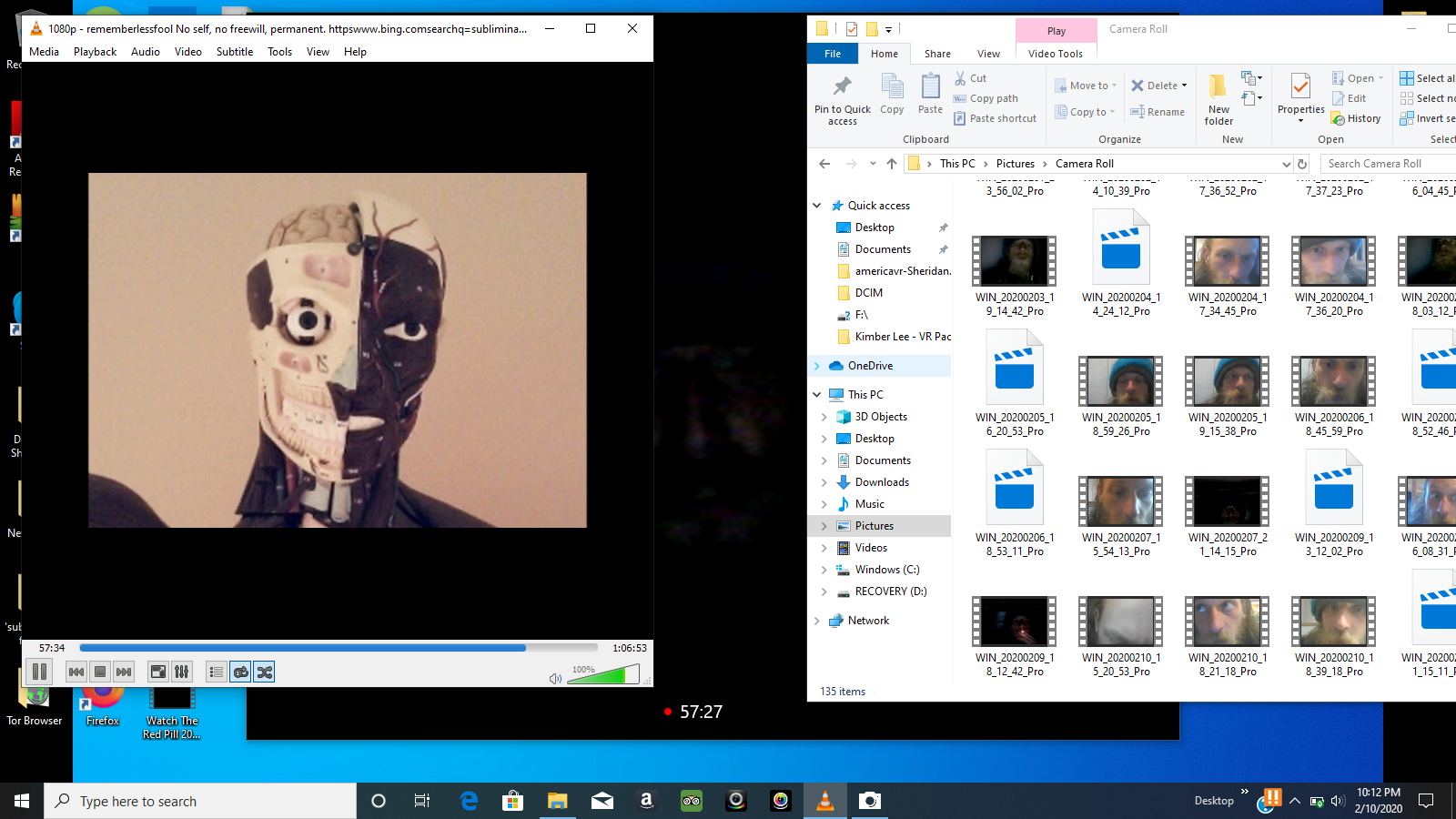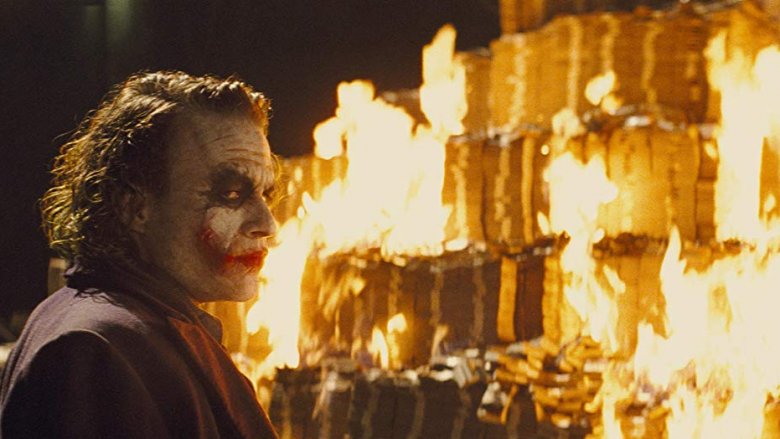- Why Couldn't Movies Film Real Money In 2020
- Why Couldn't Movies Film Real Money Now
- Why Couldn't Movies Film Real Money As A
- Why Couldn't Movies Film Real Money In 2019
- Why Couldn't Movies Film Real Money 2017
Why Avatar: The Last Airbender Fans Have Issues With M. Night Shyamalan's Movie. There’s an ongoing in-joke amongst Avatar fans. When something is wrong, and people seem to be ignoring it, we. Typically it's all fake. Depending on the amount(If the amount is less than real money can be used but in case of huge amount fake money are used). In the early days of cinema, directors didn't use real paper currency as it could be considered cou.
| It Could Happen to You | |
|---|---|
| Directed by | Andrew Bergman |
| Written by | Jane Anderson |
| Produced by | Mike Lobell Gary Adelson |
| Starring | |
| Cinematography | Caleb Deschanel |
| Edited by | Barry Malkin |
| Music by | Carter Burwell Joe Mulherin |
| Distributed by | TriStar Pictures |
| |
| 101 minutes | |
| Country | United States |
| Language | English |
| Budget | $19.99million [1] |
| Box office | $37,939,757 |
It Could Happen to You is a 1994 American romantic comedy-drama film starring Nicolas Cage and Bridget Fonda. It is the story of New York City police officer (Cage) who wins the lottery and splits his winnings with a waitress (Fonda). This basic premise was inspired by a real-life incident.[2]
Isaac Hayes has a role as undercover reporter and photographer Angel Dupree, while also being the film's narrator.

The film was remade in Hindi as Bade Dilwala, which was released in 1999 and in Telugu as Bahumati in 2007.
Plot[edit]
Policeman Charlie Lang is a kind and generous man who loves his job and the Queens area of New York City where he lives. His wife Muriel works in a hairdressing salon and, unlike Charlie, is selfish, greedy and materialistic, constantly complaining about their situation in life. Waitress Yvonne Biasi, is bankrupt because her husband Eddie, whom she had not yet been able to afford to divorce, took her credit card and spent $12,000 without her permission.

Charlie meets Yvonne when she waits on him at the diner where she works. Since Charlie doesn't have enough money to pay the tip, he promises Yvonne to give her either double the tip or half of his prospective lottery winnings. He wins $4 million (in 21 annual payments) in the lottery the next day and keeps his promise, despite the protests of his wife. He and Yvonne become stars almost immediately.
Yvonne buys the diner she was working in. She sets up a table with Charlie's name at which people who cannot afford food can eat for free. In another development, Charlie becomes a hero for foiling an attempted robbery at a grocery store but gets wounded in the process, forcing him to take leave from the police force.
At a gathering on a chartered boat for the lottery winners and other members of high society, Muriel gets to know the newly rich Jack Gross. She flirts with him and later starts an affair. Meanwhile, Charlie and Yvonne spend a lot of time together, often giving gifts to passengers of the subway or to children, about which the media report. Muriel gets fed up with Charlie's constant donations and overall simplicity and throws him out of their apartment, asking for a divorce.
That same evening, Yvonne leaves her apartment after her husband shows up and threatens to stay until he gets $50,000 from her. Quite innocently, Charlie and Yvonne run into each other at the Plaza Hotel and, unintentionally, end up spending the night together.
Why Couldn't Movies Film Real Money In 2020
When Muriel and Charlie divorce, Muriel wants all the money that Charlie won for herself. Charlie doesn't mind giving his share of the money but Muriel also wants the money he gave Yvonne, which causes Charlie to take the case to court. The jury decides in Muriel's favor. Yvonne, feeling guilty at costing Charlie all his money, runs out of court in tears and tries to keep away from Charlie. But the cop, by now hopelessly in love with the waitress, finds her at the diner and tells her that the money means nothing to him, and they declare their love for each other. While ruminating about their future at the diner, they are gracious enough to provide a hungry and poor customer some soup, which he eats at the special table. The poor customer is none other than the disguised reporter Angel Dupree, who takes photos of the couple and in the next day's newspapers publicly praises their willingness to feed a hungry and poor man even in their darkest hour. Just as Charlie and Yvonne are giving up and moving out of town, the citizens of New York City, no doubt touched by the generosity of the couple, send 'the cop and the waitress' thousands of letters with tips totaling about $600,000.
After Charlie and Muriel get divorced, Muriel's new husband Jack Gross takes off with all her money, revealing himself to be a con man. She then moves in with her mother in The Bronx and goes back to her old manicure job. Eddie Biasi ends up being a taxi driver. Charlie happily returns to the police force and Yvonne reclaims the diner. At the film's end, Charlie and Yvonne get married and begin their honeymoon by taking off from Central Park in a hot air balloon that bears the New York Post headline 'Cop Weds Waitress', just before the closing credits roll.
Cast[edit]
- Nicolas Cage as Charlie Lang
- Bridget Fonda as Yvonne Biasi
- Rosie Perez as Muriel Lang
- Wendell Pierce as Bo Williams
- Isaac Hayes as Angel Dupree
- Stanley Tucci as Eddie Biasi
- Victor Rojas as Jesu
- Seymour Cassel as Jack Gross
- J.E. Freeman as Sal Bontempo
- Red Buttons as Walter Zakuto
- Richard Jenkins as C. Vernon Hale
- Charles Busch as Timmy
- Beatrice Winde as Judge
- Vincent Pastore as Bowling Team Member
- Emily Deschanel as Paint Throwing Fur Activist
- Willie Colón as Mayor
- Frank Pellegrino as Water's Edge Maitre D'
- Ann Dowd as Carol
- Lim Kay Tong as Sun
Reception[edit]
The film received generally positive reviews from critics. Rotten Tomatoes calculates a 'Fresh' rating with a score of 71% based on reviews from 34 critics.[3]
Soundtrack[edit]
The soundtrack album was released by Columbia Records/Sony Records on July 19, 1994.
- 'Young at Heart' - Tony Bennett and Shawn Colvin
- 'They Can't Take That Away From Me' - Billie Holiday
- 'Now It Can Be Told' - Tony Bennett
- 'Swingdown, Swingtown' - Wynton Marsalis
- 'She's No Lady' - Lyle Lovett
- 'Always' - Tony Bennett
- 'Overture' - Carter Burwell
- 'I Feel Lucky' - Mary Chapin Carpenter
- 'Round of Blues' - Shawn Colvin
- 'The Search' - Carter Burwell
- 'Young at Heart' - Frank Sinatra
Real-life incident[edit]
Why Couldn't Movies Film Real Money Now
:format(jpeg)/cdn.vox-cdn.com/uploads/chorus_image/image/51416195/GettyImages-162725081.0.jpg)
In 1984, Phyllis Penzo was a waitress at a pizzeria commonly frequented by Yonkers, New York police officers. In March of that year, Officer Robert Cunningham, a regular patron and longtime friend of Penzo, suggested that the two split a lottery ticket, each of them choosing three of the six numbers, in lieu of his leaving her a tip. Penzo agreed, and though she subsequently forgot about it, when Cunningham discovered that the ticket had won a $6 million prize, he honored their verbal agreement and split the money evenly with Penzo.[2]
Beyond this basic premise, the film is entirely fictional, with the backgrounds of the film's characters and the events depicted in the film subsequent to their lottery win bearing no resemblance to the actual lives of Penzo and Cunningham. As a result, neither Penzo nor Cunningham were required to authorize the film, nor were they entitled to collect royalties from its proceeds.[4] The closing credits of the film include a disclaimer stating that although the film was inspired by actual events, at the time of production both Penzo and Cunningham were happily married to their respective spouses.
Production[edit]
The diner where Yvonne works in the film was constructed in a parking lot at the corner of N. Moore St. and West Broadway in the Tribeca neighborhood of Manhattan. The film was called “Cop Gives Waitress Million Dollar Tip” when it was shot there.[5]
References[edit]
Why Couldn't Movies Film Real Money As A
- ^http://textfiles.com/media/film93.ans
- ^ abMark, Lois Alter. (1994, July 29). 'Winning Personalities', Entertainment Weekly
- ^It Could Happen to You (1994), retrieved 2021-07-06
- ^David, Will. (2004, June 26). 'Lottery spouse dies in roof fall', The Journal News
- ^Boyle, Wickham, 'Hollywood returns to Tribeca's 'Enchanted' corner', downtown express, June 16–22, 2006 (19:5). Retrieved 2019-03-31.
Why Couldn't Movies Film Real Money In 2019
External links[edit]
- It Could Happen to You at IMDb
- It Could Happen to You at Box Office Mojo
- It Could Happen to You at Rotten Tomatoes